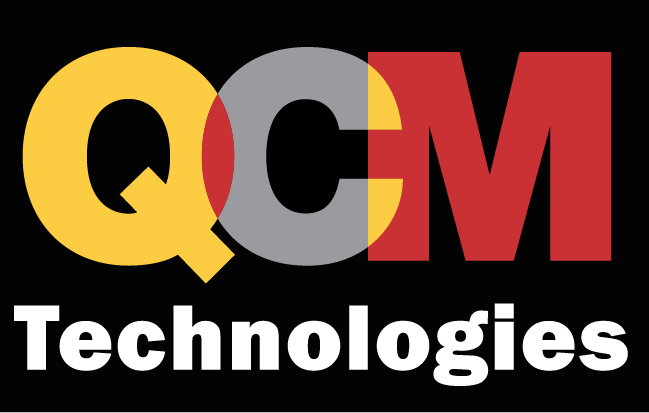Data scientists at Stanford University are exploring new terrain for deep learning models using massively parallel processing.
Data science is the discipline that drives one of the world’s fastest-growing — and transformational — technological developments: artificial intelligence (AI). While AI’s historical roots go back to the 1950s, today’s data scientists have pushed its capabilities much further than even a few years ago by applying ever-increasing amounts of massively parallel processing power to their data methods and learning models.
Such is the case at Stanford University, where Jure Leskovec, associate professor of Computer Science, and Rok Sosič, a senior researcher, lead a team of 40 other data scientists. Individually and in teams, Leskovec and Sosič are exploring applications of AI in the form of network analytics and deep learning for a wide range of problems. Network analytics doesn’t refer to IT networks, but rather to finding complex patterns among relationships between numerous data entities. “Our mission is to do groundbreaking research to tackle a variety of extremely challenging research problems. We do this by developing new methods to learn from data, and then use those methods to derive fresh insights from the data that can be applied in practical problems,” says Leskovec, noting that the Stanford lab is the world’s leading developer of AI models for life sciences applications.
Looking for a similar solution? Contact the experts at QCM Technologies
Organization needs
To find patterns and insights in multi-terabyte-sized sets of complex, unstructured data requires huge amounts of parallel processing power. Stanford University’s data scientists were using consumer-grade gaming graphics processing units (GPUs) but needed more GPU-accelerated processing power, with central processing units (CPUs) helping to keep the GPU utilization rate maximized while running deep-learning AI models.
Organization results
Broadens the scope and size of problems researchers can solve.
• Enables previously impossible inferences from data.
• Reduces AI algorithm development and machine learning times by up to 50%.
• Provides supercomputer power in a go-anywhere mobile laptop.
• Handles data sets of up to 1.5TB.
“We ran some benchmarks against our servers with lower-end GPUs and found the Dell Precision 7750 with NVIDIA GPUs cut the time by as much as 50 percent.”
Rok Sosič
Senior Researcher,
Stanford University
Broadening research horizons via massively parallel processing
To deliver a quantum leap in the parallel processing power available to the team, the Stanford Data Lab acquired a Dell Precision 7920 Tower Data Science Workstation (DSW). A collaboration with NVIDIA and other leading technology providers such as Canonical (the company behind Ubuntu, the worldwide de-facto Linux OS used in AI on workstations), the Dell Precision 7920 Tower DSW comes as a fully integrated,
ready-to-use AI hardware and software package. This package simplifies user setup, saving days over a bare-metal, build-ityourself approach, not to mention the configuration efforts that would otherwise be required.
Go-anywhere supercomputing fits in a backpack
The Stanford University Stanford Data Lab also acquired a Dell Precision 7750 mobile DSW, a 15-inch laptop with an 8-core CPU, 64GB of RAM and an NVIDIA Quadro RTX 5000 GPU with 16GB of RAM. Like the Dell Precision Tower DSW, this laptop is a fully integrated, ready-to-use AI device with special thermal engineering to dissipate the heat generated when both the CPU and GPU are operating flat-out on an AI model.
Sosič and Leskovec note that the Dell Precision 7750 mobile DSW is especially fast compared to their servers. “We ran some benchmarks against our servers with lower-end GPUs and found the Dell Precision 7750 with NVIDIA GPUs cut the time by as much as 50 percent,” Sosič says. According to Sosič, the Dell Precision 7750 mobile DSW is signed out to one of the team’s data scientists to enable him to develop his AI models at home or wherever he might choose.
“Mobility like this can benefit our researchers who are working from home so they can develop their models using the Dell Precision 7750 and then upload them to our data center for further training,” he says.
In Sosič’s view, the fully integrated, AI-ready Dell Precision DSW technology combined with powerful NVIDIA RTX GPUs are helping the Stanford Data Lab apply the parallel processing needed to continue its breakthrough research. “We’re able to draw data inferences we couldn’t before,” Sosič says. “In fact, having your own personal Dell Precision DSW running NVIDIA RTX GPUs is like driving a Ferrari compared to the trucks, which are shared, that our other lab servers would represent.”
SOURCE: For the full story: Dell Technologies and Stanford University_AI and NVIDIA
For additional information see
'NVIDIA Clara Federated Learning to Deliver AI to Hospitals While Protecting Patient Data'
Intelligent edge computing platform streamlines deep learning for radiology
Looking for a similar solution? Contact the experts at QCM Technologies
QCM Technologies is proud to be a partner of Dell Technologies
and NVIDIA







